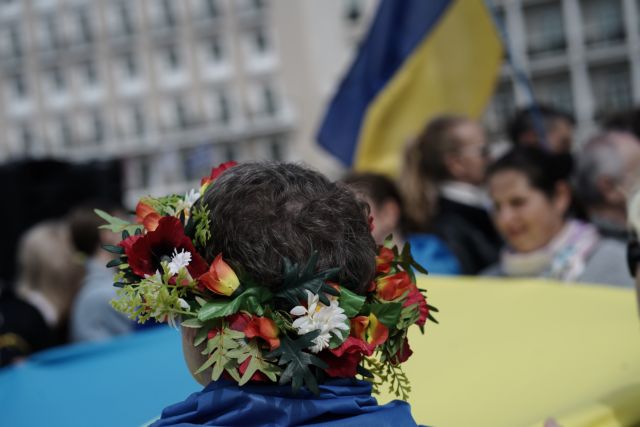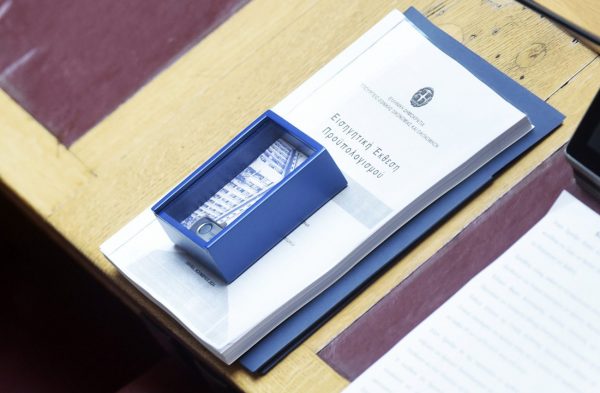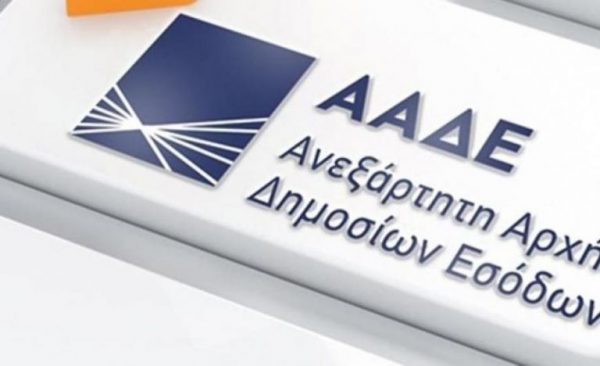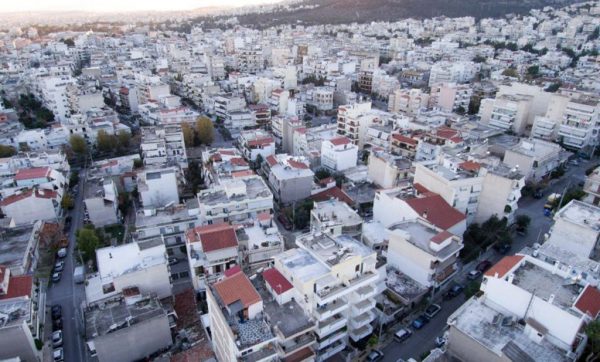
Frankfurter Allgemeine Zeitung correspondent Michael Martens in an article refers to the current attitude of the Greek government towards Russia, attempting a comparison with the time of the NATO bombing of Serbia and writes:
“When a war broke out in Europe, in Croatia, Bosnia and Kosovo in the 1990s, there was great sympathy in Greece for the attackers. The regime of Serbian leader Slobodan Milosevic had been openly supported in many media outlets and on the streets. This was particularly evident in 1999 when NATO intervened on the Kosovo side. Then Prime Minister Costas Simitis, a Socialist, had to fight to keep Greece, a NATO member, on the path to the alliance. Almost a quarter of a century later, the picture is different. The policy of Russian warlord Vladimir Putin may enjoy the support of a smaller part of the Greek population, but a clear majority opposes Moscow’s aggression against Ukraine. This is related to a Ukrainian city, the name of which was well known in Greece long before the Russian invasion: Mariupol. The city in southeastern Ukraine and its environs is home to most of the Greek minority in Ukraine.”
The article refers to Foreign Minister Nikos Dendias’s visit to Mariupol last February and to Odessa in April, and to statements of support for the Greek minority. Regarding the comparison with the bombings in Serbia and the interest of Greece, he writes: “Two Orthodox states are at war in Ukraine, while the victims in 1999 were mostly Catholic Croats, Muslim Albanians and Bosnians, for whom a large part of Greek society due to an imaginary proximity to the Serb orthodox ‘brother people’ felt minimal sympathy. In any case, the Greek government’s clear stance against Russian aggression can be based on the opinion of the majority. “
Latest News

Economist: Greece Included in the Best Performing Economies in 2024
Meanwhile, Northern European countries disappoint, with sluggish performances from the United Kingdom and Germany.

EasyJet Expands Its Routes from Athens
The airline’s two new routes will be to London Luton and Alicante and they will commence in summer 2025.

Capital Link Forum Highlights Greece’s Economic Resurgence; Honors BoG Gov Stournaras
Capital Link Hellenic Leadership Award recipient, Bank of Greece Gov. Yannis Stournaras, an ex-FinMin, was lauded for his pivotal role during Greece’s economic recovery

Tourist Spending in Greece Up by 14%, Visa Card Analysis Shows
Greece’s capital Athens emerged as the most popular destination, recording a 17% increase in transactions with Visa cards, surpassing even the cosmopolitan island of Mykonos.

Inflation in Greece Unchanged at 2.4% in Nov. 2024
The general consumer price index (CPI) posted a 0.4% decrease in November compared to the previous month

2024 Christmas Holidays: Extended Shop Hours Schedule
The 2024 Christmas Holidays extended shop hours schedule commences on Thursday, December 12 and runs until the end of the year.

ELSTAT: Seasonally Adjusted Unemployment Down in October
The number of employed individuals reached 4,284,694, an increase of 67,723 compared to October 2023 (+1.6%) and 22,002 compared to September 2024 (+0.5%).

Greek PM’s Chief Economic Adviser Resigns
In the post on his Facebook page, Patelis did not disclose the reasons that led him to step down.

“Masdar Invests in the people of Greece and in the vision of TERNA ENERGY”
Four messages from the CEO of Masdar, the Arab renewable energy giant, after its acquisition of 70% of TERNA ENERGY

Lloyd’s List Greek Shipping Awards 2024: Honors for leading companies and personalities in the Greek shipping sector
20 awards presented at the 21st annual Lloyd's List Greek Shipping Awards


















![Χειμερινή εξοχική κατοικία: Οι Ελληνες γυρνούν την πλάτη παρά την πτώση των τιμών [γραφήματα]](https://www.ot.gr/wp-content/uploads/2024/12/Capture-19-90x90.jpg)























 Αριθμός Πιστοποίησης Μ.Η.Τ.232433
Αριθμός Πιστοποίησης Μ.Η.Τ.232433